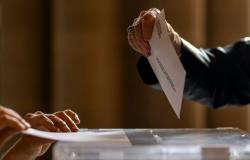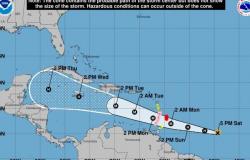Diego Caro, veterinarian and technical manager of the Center for Applied Biological Research (CIBA)Next to the Dr. Sonia Rey Planellas, Associate Professor at the Institute of Aquiculture (IoA) at the University of Stirlinganalyzed the advances and challenges in animal welfare within the aquaculture sector.
According to experts, there is no universal consensus or single definition for animal welfare. The World Organisation for Animal Health (WHO) defines it as “the physical and mental state of an animal in relation to the conditions in which it lives and dies.”
Advances
In conversation with AQUA Media, Diego Caro, Technical Manager of CIBA, with more than 7 years of experience in epidemiology, pathology, diagnosis and research of health problems that affect farmed salmonids in Chile, explained that “operational advances include the improvement of vaccination and disease management, which has reduced the use of antibiotics and improved the general health of the fish. “The use of RAS systems with better control over water quality and lower environmental impacts, selective breeding programs, improved feed formulations and welfare-friendly slaughter techniques have also contributed.”
For its part, Dr. Sonia Rey Planellaswho has more than 20 years of work experience in areas of behavior, physiology and animal welfare, mentioned that “there are several new technological developments that have helped in the continuous monitoring of fish, mainly in water quality (in systems RAS and some implemented in cages), and for fish behavior as a non-invasive indicator of operational welfare.
“The University of Stirling’s Aquaculture Institute is involved in a number of projects on using behaviour as an early, non-invasive welfare indicator. With the help of artificial intelligence and machine learning, and new camera systems developed by the feed and technology companies we collaborate with, we are developing ways to efficiently relate group behaviour and activity levels to environmental, health and welfare parameters,” he added.
Challenges
The expert was emphatic in stating that a major challenge for global aquaculture in terms of animal welfare is the need to generate evaluation criteria based on the species of farm and the local reality.
«In the case of salmon farming, the level of productive and technological development that countries such as ChiliScotland or Norway allows for the transfer of knowledge and the generation of universal standards, however, local variability should not be lost as a criterion when applying them.
Photo: CIBA and University of Stirling






